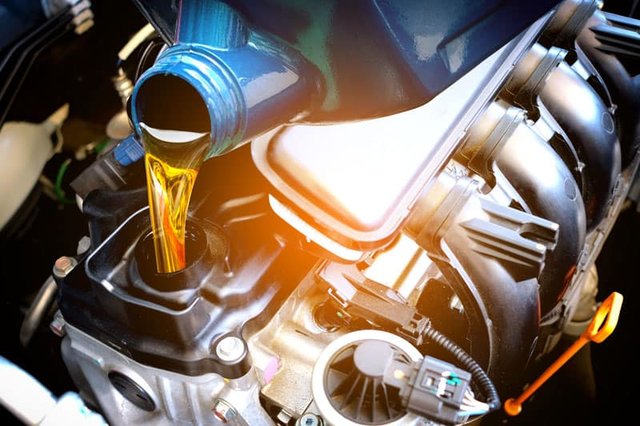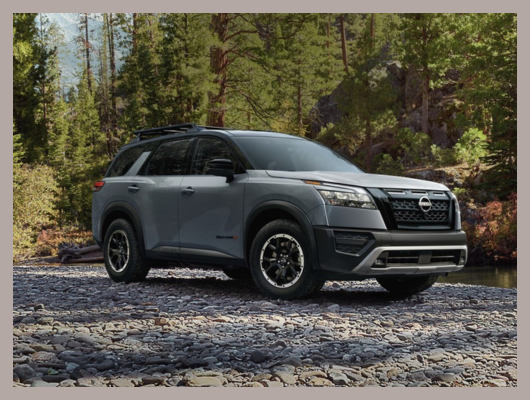All Drive Autogroup dealerships can do oil changes, which take approximately an hour to complete. Most of our dealerships also offer complimentary car washes when you get an oil change with us. These washes are either performed on-site or a voucher is given to get the wash done at a nearby facility. If the car wash is done on-site, it will take approximately half an hour. Start to finish, we require an hour and a half to fully complete an oil change. During our oil changes, our technicians also take the time to change your oil filter.
For an oil change, you can drop by any one of our dealerships in Ajax, Scarborough, Whitby, or Markham.
How Often to Get an Oil Change
Oil changes are recommended every 5 000 km to 10 000 km; this varies based on your vehicle’s make and model, and the specific details regarding maintenance schedules can usually be found in a vehicle’s owner manual or on the manufacturer’s website.
As a general rule of thumb:
• Cars from 2010 or newer require oil changes every six months or 8 000 km (whichever comes first)
• 2006 – 2009 models should get an oil change every four months or 8 000 km (whichever comes first)
• Cars from 2005 or older need oil changes every three months or 6 000 km (whichever comes first)
Always Check Out Your Owner’s Manual
In addition to oil changes, each vehicle has its own unique maintenance schedule, based on factors such as engine mileage, which should be kept up with in order to maximize the life of your vehicle. For more information on your car’s specific maintenance, you can refer to your vehicle’s owner’s manual or the manufacturer’s website.
There are two main types of engine oil: synthetic oil and conventional oil. The best type of oil for your vehicle will vary between manufacturers and models. Typically, manufacturers recommend synthetic oil for their newer models, but you should always check your owner’s manual or the OEM website for information on your specific make and model.

Why Oil Changes Are So Important
The main reason your oil needs to be changed regularly is because after a period of time, your vehicle’s oil begins to degrade and collect debris. This means the oil cannot clean your engine or lubricate the moving parts correctly.
Changing your oil regularly will…
• Help to reduce engine wear and corrosion by ensuring the parts are properly lubricated and by preventing engine components from overheating
• Protect your engine from sludge and dirt build-up by guaranteeing that the oil is able to collect debris (after a period of time, old oil can no longer collect dirt and sludge because it already contains large amounts of debris).
Oil changes are extremely important to keep your vehicle running. They ensure the value of your vehicle, while enhancing the car’s performance, safety and fuel efficiency. Overall, changing your vehicle’s oil regularly will extend the life of your vehicle’s engine.






